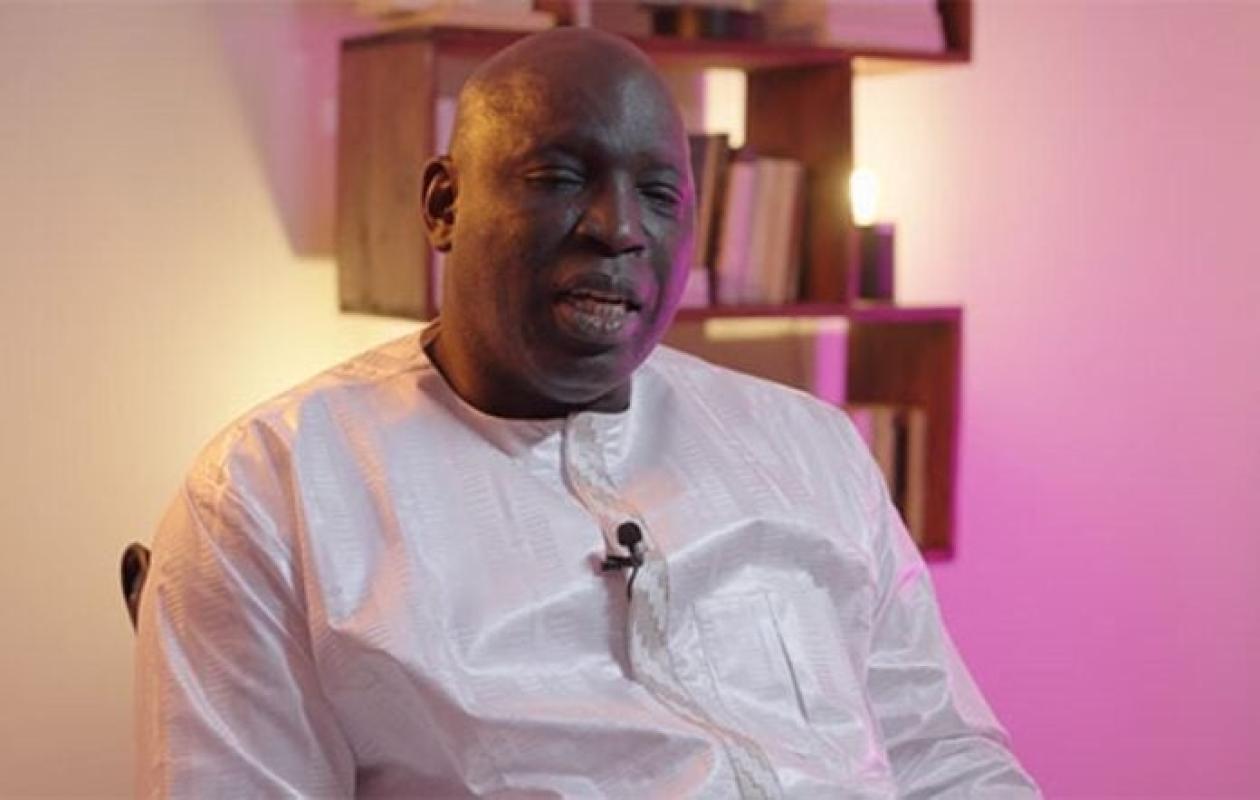
Madiambal, la France et l’extradition : Le Dr. Mamadou Y. Diallo, Spécialiste du Droit International, explique...
Madiambal Diagne left Senegal despite the order prohibiting him from leaving the country. The head of the Avenir Communication Group is in France, where he says he is preparing his defense. However, Senegalese judicial authorities have issued an international arrest warrant against him. Mamadou Yaya Diallo, a research professor specializing in international law, analyzes the procedural details here.
What effect will the international arrest warrant issued by Senegal against Mr Madiambal Diagne have?
An international arrest warrant is defined as a legal document issued against an individual abroad (requested state) by an authority, most often the investigating judge after the opening of a judicial investigation, ordering their arrest and transfer to the requesting state to answer for criminal or delinquent acts. It is part of judicial cooperation and mutual assistance.
That said, Senegal and France are bound by a judicial cooperation agreement signed on March 29, 1974 and updated in 2023, no doubt, to respond to the new crime.
The French judicial authorities will assess the request made by the Senegalese investigating judge. The execution of the international arrest warrant can only be decided by the French authorities after verifying a number of things.
What aspects will they check?
First, it must be verified that Mr. DIAGNE is being prosecuted for a common law offense provided for and punished by the laws of both countries and not for his political opinions. In which case, Senegal's request is rejected. In this case, this is not a prosecution for the opinions he expressed.
Next comes the verification of Mr. DIAGNE's nationality. If he has Senegalese and French nationality, he is not eligible for transfer because extradition, as a measure of removal, affects foreigners and not nationals.
If France decides to grant Senegal's request, Mr. DIAGNE, like any person on French territory, has the right to challenge the order providing for his transfer before the investigating chamber (the equivalent, in Senegal, of the indictment chamber). The decision rendered by this chamber may be subject to an appeal in cassation before the supreme judge of the judicial system, in this case, the Court of Cassation.
The execution of all these legal remedies considerably delays the implementation of the international arrest warrant.
Will France then have to extradite him?
Article 59 of the Judicial Cooperation Convention signed in 1974 provides that countries undertake to reciprocally extradite persons prosecuted or convicted by the judicial authorities of the other country. Consequently, in the name of the principle of Pacta sunt servanda, France must fulfill its international obligations arising from the international treaties it has signed and ratified. The sovereignty of the French State is limited by the obligation to comply with international law.
But international extradition practice shows that the requested State, in this case France, can refuse to respond favourably when it considers that the facts for which Mr DIAGNE is being prosecuted are of a political nature.
Could he be tried in France or here in absentia?
In the name of the principle of the territoriality of criminal law and the obligation to account to the society whose public order has been disturbed, it is desirable and legitimate that Mr DIAGNE answer before the Senegalese judge and not before that of France.
Yes, if the execution of the mandate is not carried out in accordance with the procedures mentioned above, the State must be able to judge it in absentia.
Commentaires (2)
Participer à la Discussion
Règles de la communauté :
💡 Astuce : Utilisez des emojis depuis votre téléphone ou le module emoji ci-dessous. Cliquez sur GIF pour ajouter un GIF animé. Collez un lien X/Twitter, TikTok ou Instagram pour l'afficher automatiquement.